Much of that advice is still surprisingly relevant, even in our fast-paced digital age.
Today, we’re looking at ten pieces of advice from the great composers.
Johann Sebastian Bach
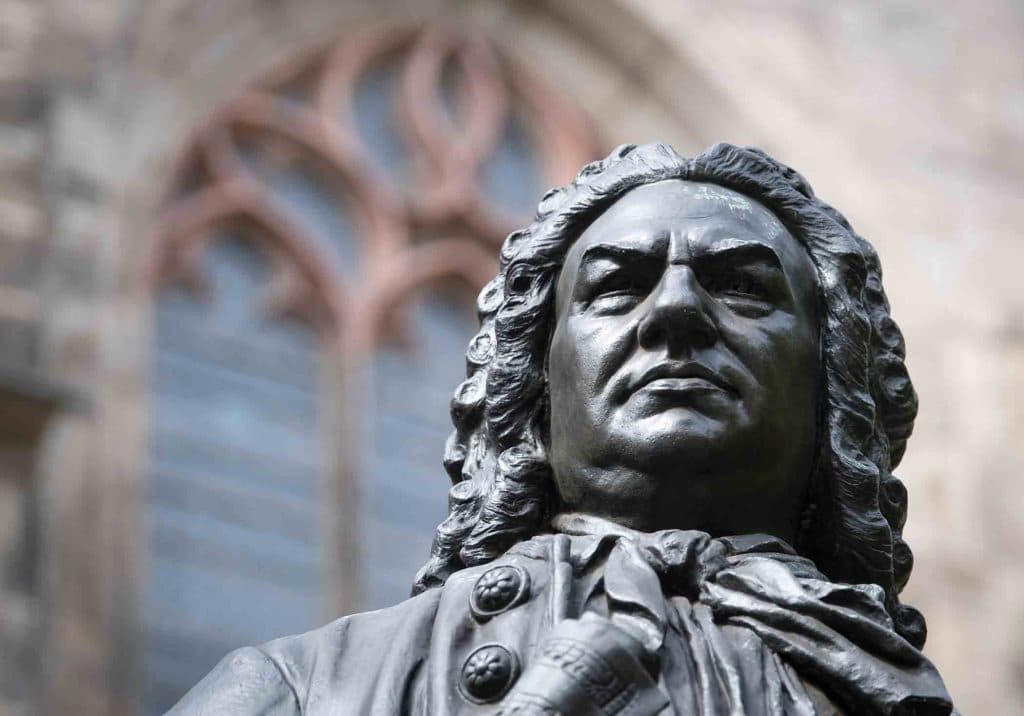
J.S. Bach
Johann Sebastian Bach was born in 1685, and sadly, not many verifiable direct quotes from him survive.
However, we do have a biography called Johann Sebastian Bach: His Life, Art, and Work by Johann Nikolaus Forkel, published in 1802, half a century after Bach’s death.
While writing his book, Forkel drew from Bach’s obituary (a document known as the Bach Nekrolog) and corresponded with two of Bach’s sons, Carl Philipp Emanuel Bach and Wilhelm Friedemann Bach.
This J.S. Bach quote appears in Forkel’s book:
I was obliged to be industrious; whoever is equally industrious will succeed equally well.
Did Bach really say this? He was among the most prolific composers in the classical canon, so it’s certainly possible!
Joseph Haydn
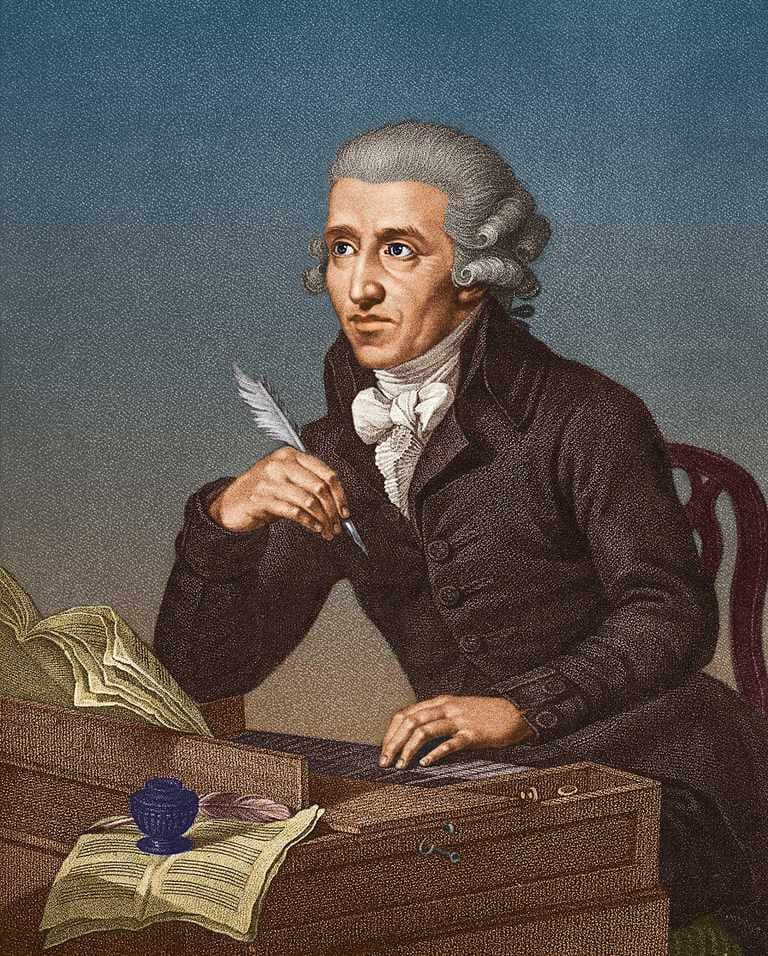
Joseph Haydn
In 1776, a 44-year-old Joseph Haydn was asked to prepare a brief autobiography for a collection of profiles. He turned in a charming sketch that was published two years later.
In it, he writes about his childhood:
Proper teachers I never had. I always started right away with the practical side, first in singing and playing instruments, later in composing.
I listened more than I studied, but I heard the finest music in all forms that was to be heard in my time…
Thus little by little my knowledge and my ability were developed.
Wolfgang Amadeus Mozart
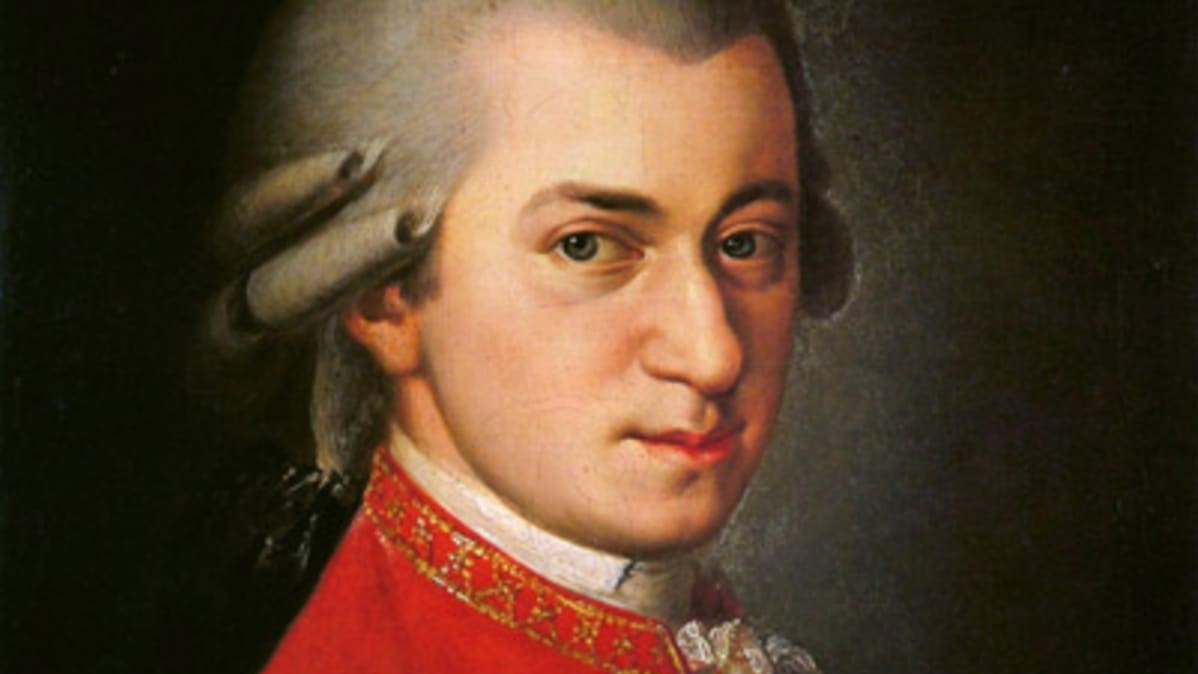
Wolfgang Amadeus Mozart
When his opera Don Giovanni was being prepared and premiered in Prague in 1787, Mozart performed on the harpsichord. Composer, conductor, keyboardist, and all-around Mozart booster Jan Křtitel Kuchař worked alongside him.
Mozart explained to his colleague:
I have spared neither care nor labour to produce something excellent for Prague. Moreover it is a mistake to think that the practice of my art has become easy to me.
I assure you, dear friend, no one has given so much care to the study of composition as I. There is scarcely a famous master in music whose works I have not frequently and diligently studied.
Ludwig van Beethoven
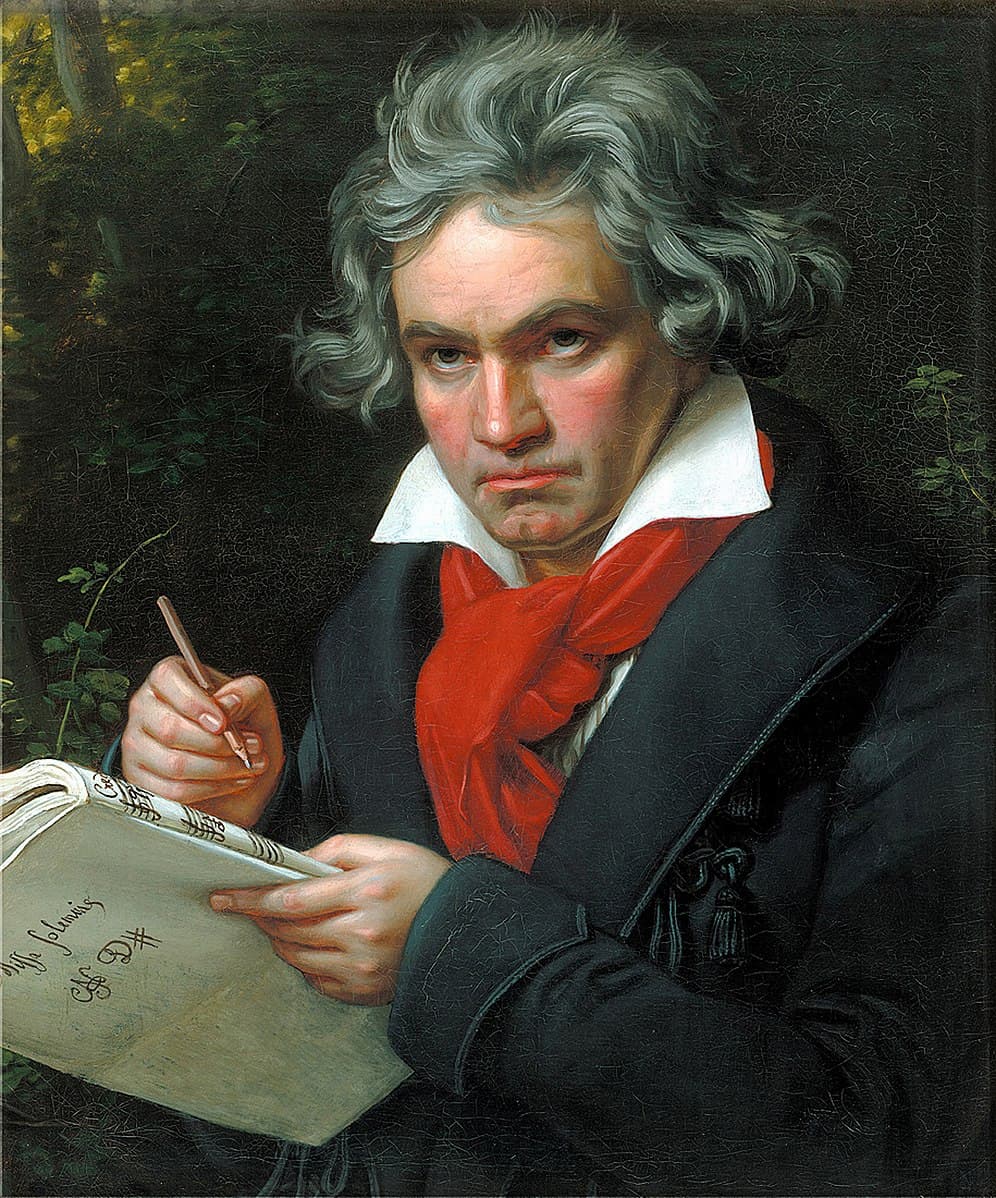
Portrait of Ludwig van Beethoven
It’s hard to imagine gruff Ludwig van Beethoven answering fan mail from children, but in 1812, he did exactly that.
A ten-year-old pianist named Emilie sent him an embroidered pocketbook as a gift, including an admiring letter.
He began his thank-you note with a heartwarming salutation: “My dear good Emilie, my dear Friend!”
He went on to write:
The true artist has no pride; unhappily he realises that art has no limitations, he feels darkly how far he is from the goal, and while perhaps he is admired by others, he grieves that he has not yet reached the point where the better genius shall shine before him like a distant sun.
He also marveled at how music can bring people together:
If you wish, dear Emilie, to write to me, only address straight here where I shall be still for the next four weeks, or to Vienna; it is all one. Look upon me as your friend, and as the friend of your family.
Frédéric Chopin
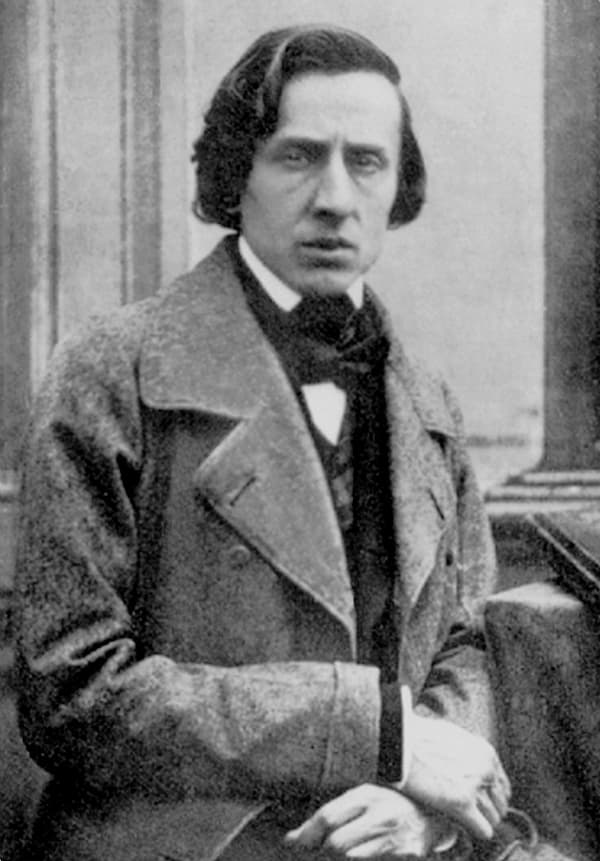
Frédéric Chopin
Today, we usually think of Frédéric Chopin as a composer first and foremost, but he was also very active as a teacher.
He was especially popular with Parisian aristocrats and women students.
One of those students was a woman named Emilie Timm, also known as Emilie von Gretsch after her marriage.
In an 1844 letter, she relayed what Chopin told her at one of her lessons:
It seems to me that you don’t dare to express yourself as you feel. Be bolder, let yourself go more. Imagine you’re at the Conservatoire, listening to the most beautiful performance in the world. Make yourself want to hear it, and then you’ll hear yourself playing it right here…
I see that timidity and lack of self-confidence form a kind of armour around you, but through this armour I perceive something else that you don’t always dare to express, and so you deprive us all…
Be bold and confident in your own powers and strength.
The advice must have worked, as Timm went on to become a professional musician, teaching piano in St. Petersburg.
Robert Schumann
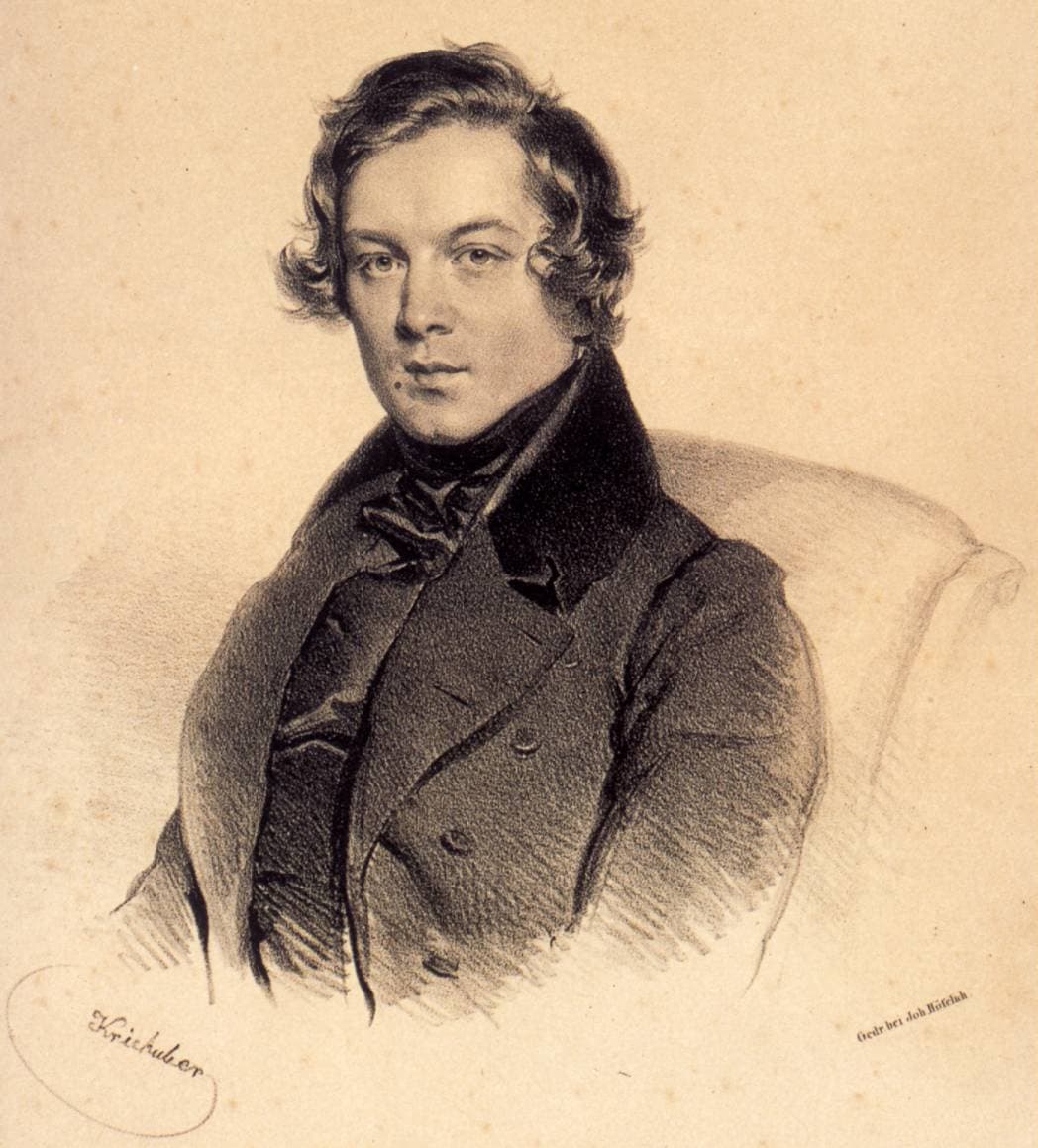
Robert Schumann, 1839
In 1848, composer Robert Schumann wrote a long list of tips for young musicians to accompany his Album für die Jugend, or Album for the Young, which he wrote for his three young daughters.
Here are two of his tips:
Play strictly in time! The playing of many a virtuoso resembles the walk of an intoxicated person. Do not take such as your model.
It is not only necessary that you should be able to play your pieces on the instrument, but you should also be able to hum the air without the piano. Strengthen your imagination so that you may not only retain the melody of a composition, but even the harmony which belongs to it.
We wrote more about Schumann’s list of tips for young musicians.
Clara Wieck Schumann
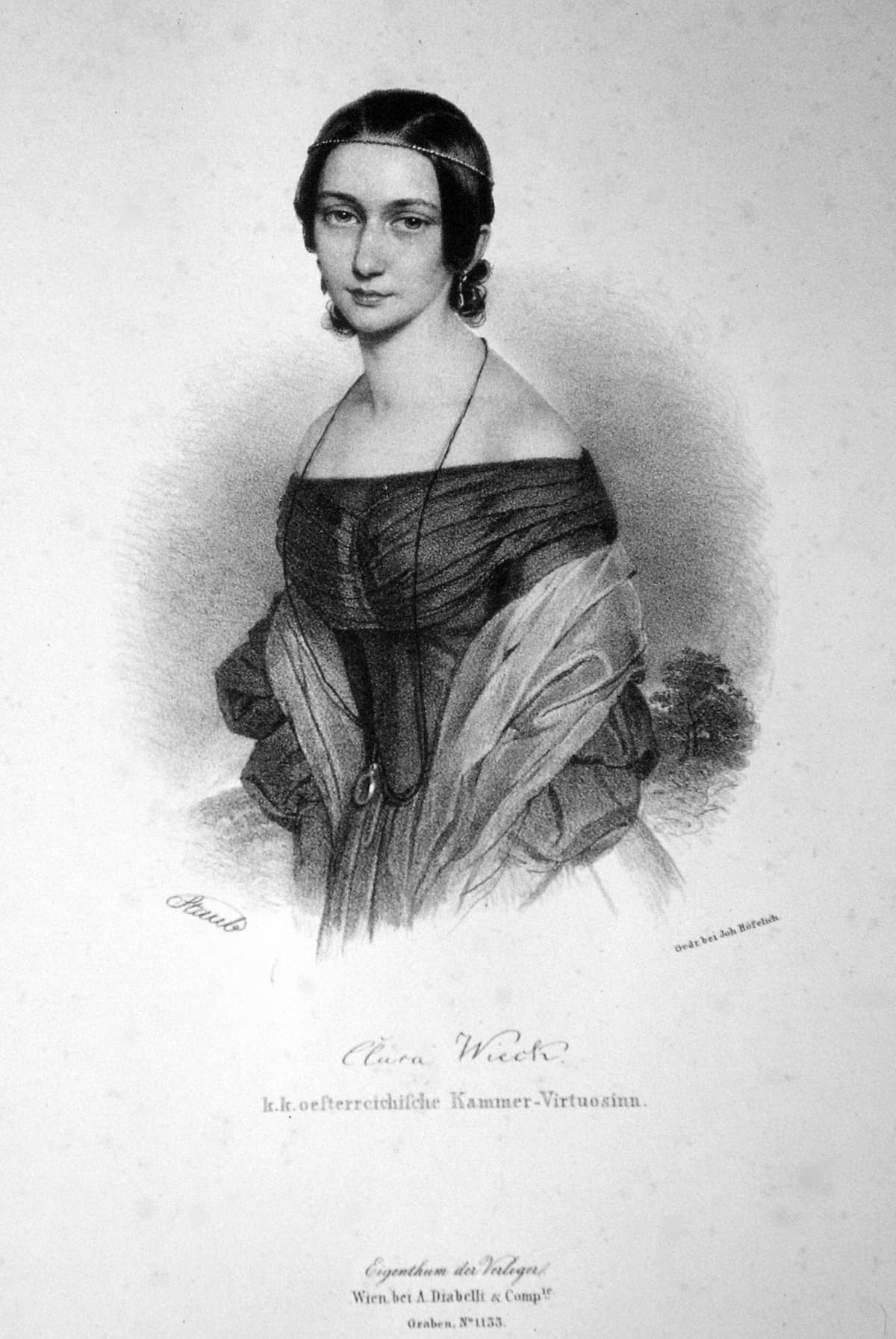
Andreas Staub: Clara Wieck, 1839
In the spring of 1858, Robert Schumann’s widow, the pianist and composer Clara Schumann, visited one of her dear friends. soprano Wilhelmine Schröder-Devrient.
Devrient was one of the true divas of her age. She created several important Wagnerian roles, including Venus in Tannhäuser.
She was also known for her series of intense romantic relationships, and ended up in jail for the political stances she took during the 1848 Revolution.
The two women got along well, even when they disagreed. Schumann wrote in her diary in April:
A long chat with Devrient, who thinks me mistaken in asking Johannes [Brahms] and [violinist Joseph] Joachim for advice as to my playing… She declares that it makes one lose one’s self-reliance.
I say, “no”, a strong intellect will know how to pick out the good, or rather that which suits its particular individuality, and can only profit by so doing.
Johannes Brahms

Johannes Brahms
Arthur M. Abell was a violinist, journalist, and eccentric. In 1955, he published a book called Talks with Great Composers. It included a purported transcription of a long conversation with Johannes Brahms.
Abell wrote that he had promised Brahms to wait fifty years after his death to share the transcript.
So is this quote entirely accurate? Maybe, maybe not. Take it with a grain of salt. But it’s still famous.
But don’t make the mistake…of thinking that because I attach such importance to inspiration from above, that that is all there is to it; by no means.
Structure is just as consequential, for without craftsmanship, inspiration is a ‘mere reed shaken in the wind’ or ‘sounding brass or tinkling cymbals’.
Pyotr Ilyich Tchaikovsky
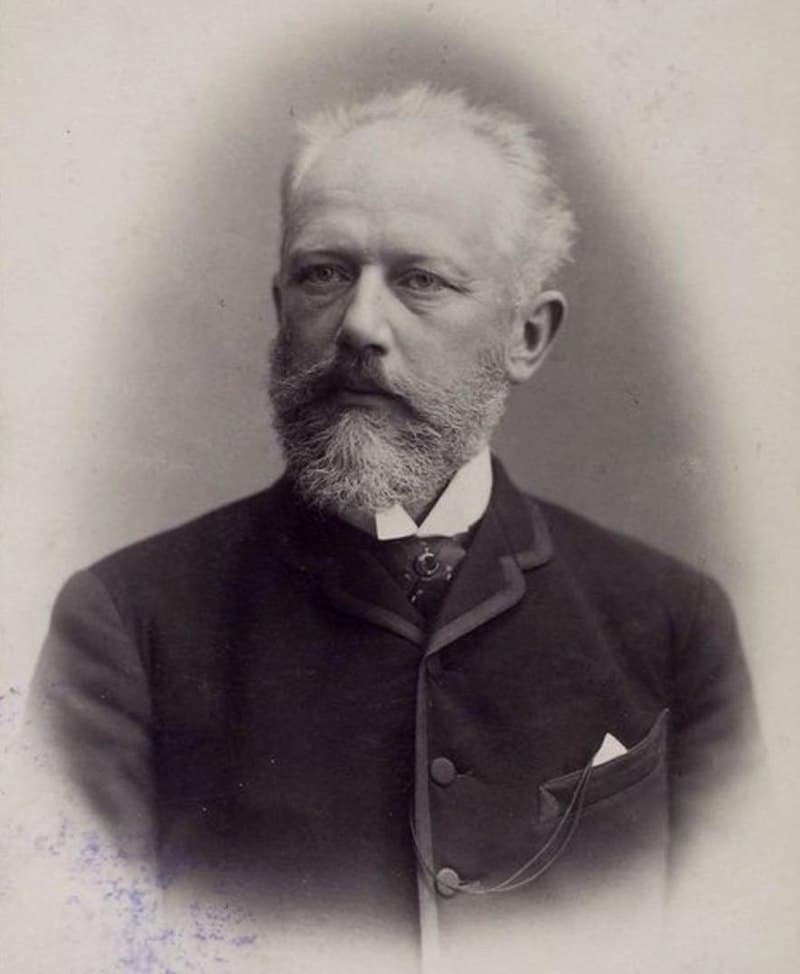
Émile Reutlinger: Pyotr Il’yich Tchaikovsky, 1888
Here’s the opening to our 2023 article about Nadezhda von Meck:
In 1877, Tchaikovsky received a letter that would change his life forever. It was from a wealthy woman named Nadezhda von Meck, who described herself as a “fervent admirer.” She commissioned some chamber music from him, and eventually, she began paying him the impressive sum of 6,000 rubles a year so that he could devote himself to composition…on one condition: they could never meet.
In March 1878, early in their arrangement, when they were both getting to know each other, Tchaikovsky wrote to her:
Do not believe those who try to persuade you that composition is only a cold exercise of the intellect. The only music capable of moving and touching us is that which flows from the depths of a composer’s soul when he is stirred by inspiration.
There is no doubt that even the greatest musical geniuses have sometimes worked without inspiration. This guest does not always respond to the first invitation.
We must always work, and a self-respecting artist must not fold his hands on the pretext that he is not in the mood. If we wait for the mood, without endeavouring to meet it half-way, we easily become indolent and apathetic. We must be patient and believe that inspiration will come to those who can master their disinclination.
A few days ago, I told you I was working every day without any real inspiration. Had I given way to my disinclination, undoubtedly I should have drifted into a long period of idleness.
But my patience and faith did not fail me, and to-day I felt that inexplicable glow of inspiration of which I told you; thanks to which I know beforehand that whatever I write to-day will have power to make an impression, and to touch the hearts of those who hear it.
Sergei Rachmaninoff
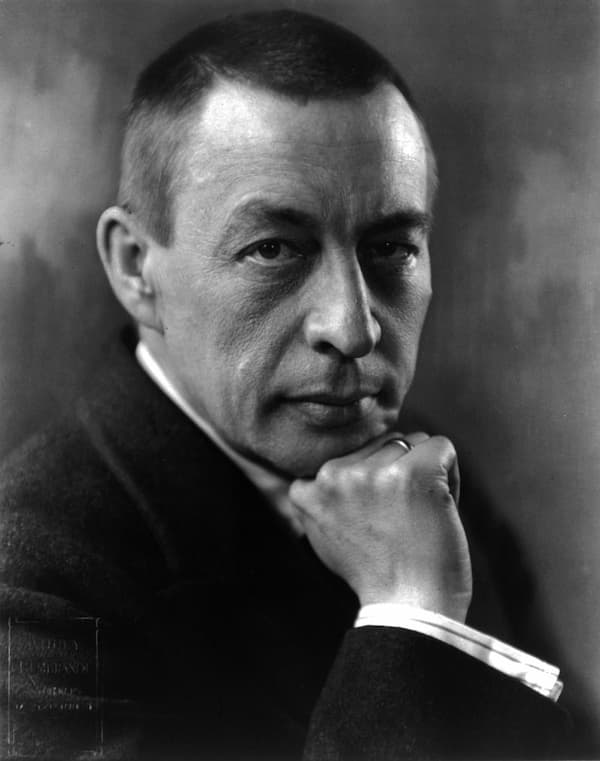
Kubey-Rembrandt Studios: Sergei Rachmaninoff, 1921
Last but certainly not least, here’s a short and simple quote from pianist and composer Sergei Rachmaninoff:
A technique must be built, just as a house must be built. It takes years to do this. There are no real short cuts.
Summing Up the Great Composers’ Advice
What should be the takeaways from these masters? Here are simplified summaries:
- Be industrious. (Bach)
- Always be listening, and attend the finest performances you can. (Haydn)
- Be aware that making music won’t be easy, and that’s okay! Even Mozart had to work hard! (Mozart)
- You’ll often feel very far from your artistic goals. Keep going. And make friends along the way! (Beethoven)
- Be bold and confident. When you play, pretend you’re listening to the most beautiful performance in the world. (Chopin)
- Play in time. Also, hum the music you’re working on, apart from playing it on an instrument. (Robert Schumann)
- Ask trusted friends for feedback…but also trust yourself and your own judgment. (Clara Schumann)
- Inspiration needs technique and craftsmanship to be fully expressed. (Brahms)
- Don’t work just when you’re inspired; keep at it all the time. (Tchaikovsky)
- When learning music, there are no real shortcuts. You have to put in the work! (Rachmaninoff)
We hope these tips from these great composers inspire you, no matter what stage of your music studies you’re in!
No comments:
Post a Comment